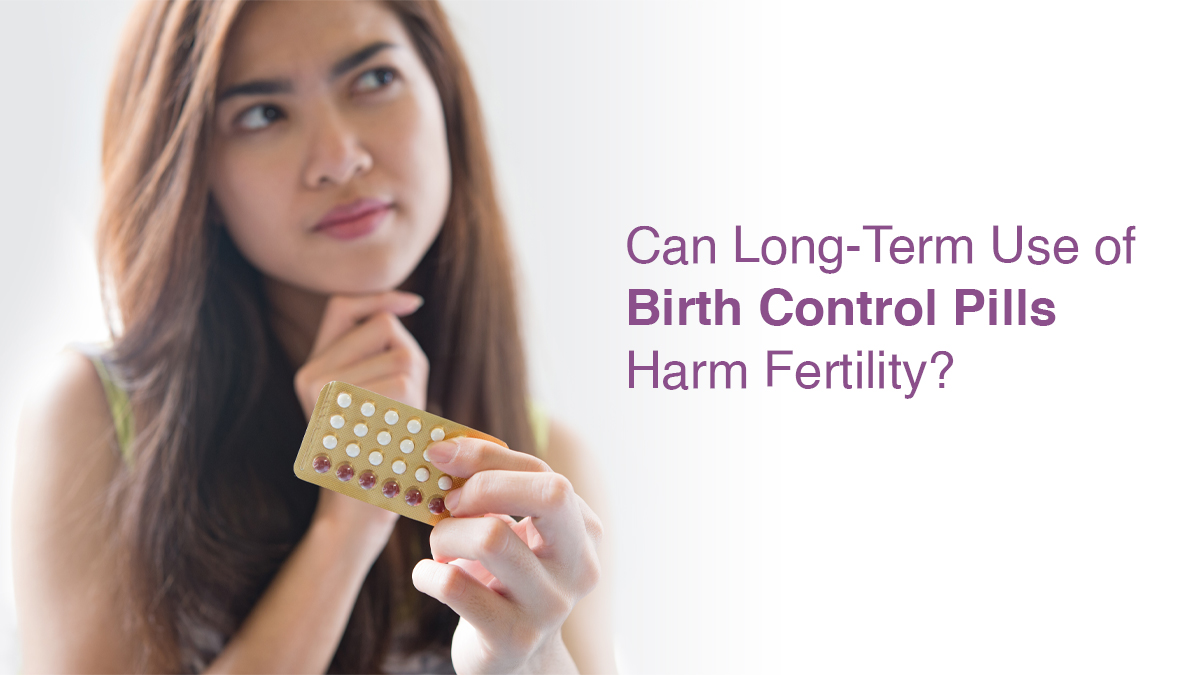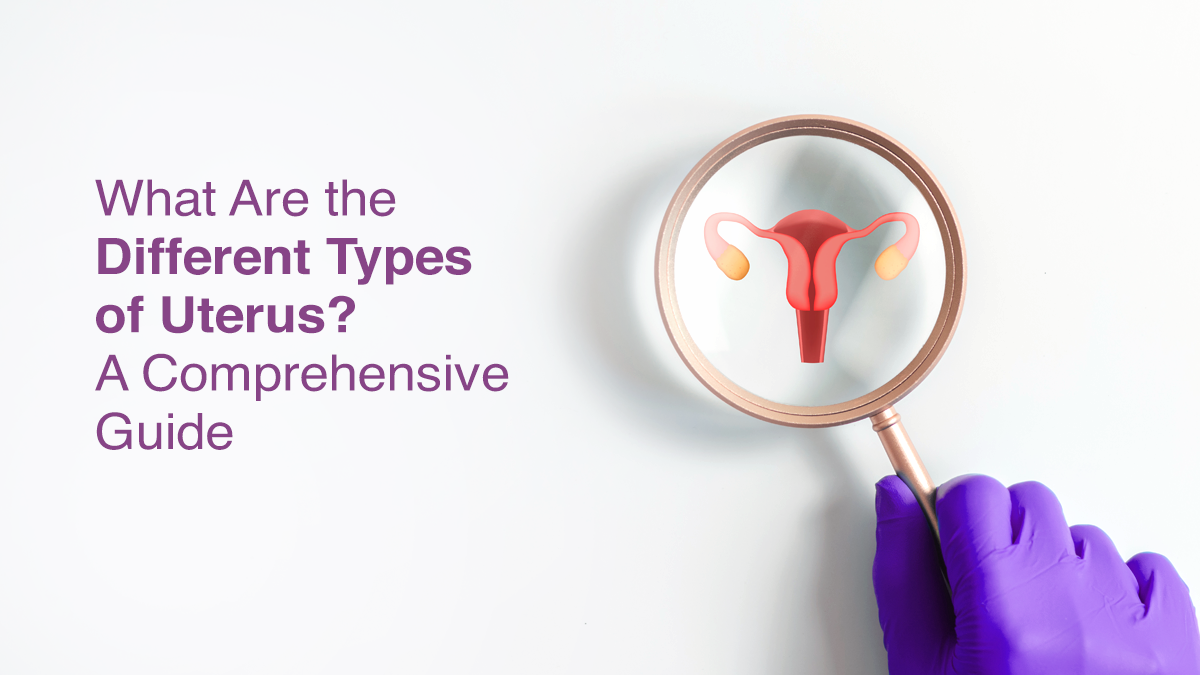
Common Signs of High Oestrogen in Women and How to Manage Them

If you are a woman, you know how important the hormones, oestrogen and progesterone, are to your reproductive health. Oestrogen is especially critical for the functioning of the female reproductive system because it promotes the development of the female sexual organs and secondary sexual characteristics. It also regulates your menstrual cycle and is important in preparing your body for pregnancy.
Of course, the levels of this hormone will rise and fall throughout your life, depending on the stage you are in. For instance, the level will increase during puberty, when sexual development occurs. However, if oestrogen levels remain high in women, it can lead to reproductive health issues. Therefore, learning all about the symptoms of high oestrogen in females and seeking treatment at the earliest is the best course of action.
Causes of High Oestrogen in Females
One of the major effects of high oestrogen in females is an inability to conceive the hormone’s primary function when you reach adulthood is regulating your menstrual cycle. High oestrogen can occur in females due to various causes, such as:
Obesity:
Since the fat cells in your body produce oestrogen, more body fat could translate into high hormone levels.
Polycystic Ovary Syndrome:
PCOS is a hormonal disorder that can lead to high oestrogen levels in women. About 5%-15% of females in their reproductive age have this disorder, making it one of the most common causes of high oestrogen.
Medications:
Some types of medicines can lead to the overproduction of oestrogen, such as birth control pills and hormone replacement therapy.
Underactive Thyroid Gland:
When the thyroid gland is underactive, it does not produce the required levels of hormones, leading to hormonal imbalances. This effect can also translate into high oestrogen levels in females.
Liver Malfunction:
Your liver is responsible for breaking down excess hormones and eliminating them from your body. So, if there are problems with the liver, oestrogen levels could rise.
Environmental Toxins:
Chemicals, such as xenoestrogens, are found in plastic, skincare products and food. This chemical mimics the effects of oestrogen on your body.
Excessive Alcohol Intake:
High levels of alcohol in the blood can disrupt your body’s ability to process hormones.
Symptoms of High Oestrogen
Excess oestrogen levels in females might not always be accompanied by signs and symptoms. However, there are certain symptoms of high oestrogen in women that you can keep an eye on. One of the most common signs is irregular menstrual cycles. High hormone levels could lead to disturbances in the timing of and blood flow during menstruation. Swelling or tenderness of the breasts, unexplained weight gain, frequent headaches, depression or mood swings and a decreased sex drive are some of the other signs of excess oestrogen in females.
Oestrogen dominance can also lead to the growth of fibroids in the uterus and endometriosis, where the uterine tissue begins to grow outside the uterus. Both these conditions require immediate medical attention since they can lead to infertility and several other serious symptoms.
If you have observed one or more of these symptoms of high oestrogen in women, consult your doctor for a diagnosis. They might recommend a blood, urine or saliva test to confirm the hormonal levels in your body.
Treatment for High Oestrogen in Females
The choice of treatment will depend on the cause of high oestrogen and your specific circumstances. The good news is that some simple lifestyle and dietary changes can help regulate oestrogen levels. For instance, ensuring a balanced diet rich in cruciferous vegetables, such as broccoli, cabbage, cauliflower, brussels sprouts and leafy greens, can naturally balance hormone levels. Also, including regular exercise in your daily routine and lowering stress levels can help.
In some cases, the doctor might prescribe medication which converts other hormones into oestrogen. In rare cases, surgery might be recommended, where an oophorectomy is performed to surgically remove the ovaries. However, this will lead to early menopause and, therefore, infertility.
How to Prevent High Oestrogen in Women
Given the important function of oestrogen in females, especially in the menstrual cycle, preventing high hormone levels is the best course of action. As mentioned above, lifestyle and dietary changes can impact hormonal levels. So, ensure a low-fat, high-fibre diet that is rich in cruciferous vegetables, include moderate exercise in your everyday routine and avoid excessive consumption of alcohol. These lifestyle changes can also help you regain a healthy weight, which also helps reduce oestrogen production.
In addition, getting high-quality sleep for 7-9 hours every night regulates bodily rhythms and metabolism, while stress management techniques can lower the production of stress hormones, which affect oestrogen levels. Avoid xenoestrogens by choosing BPA-free plastics and organic foods, and promote a healthy microbiome in your intestines by including probiotics in your daily diet.
If you have observed any of the symptoms of high oestrogen in women mentioned above or have been unable to conceive, visit your nearest Oasis Fertility Clinic for a thorough evaluation and timely treatment. You can also use our live chat facility or call 1800-3001-1000 for immediate assistance.


fill up the form to get a
Free Consultation
Avail 0% interest on EMI
All Procedures | No Upper Limit
Frequently Asked Questions
What happens if estrogen is high in females?
How do you treat high estrogen in women?
How to check estrogen levels at home?
How we reviewed this article:
- Current Version
- November 14, 2024 by Oasis Fertility






